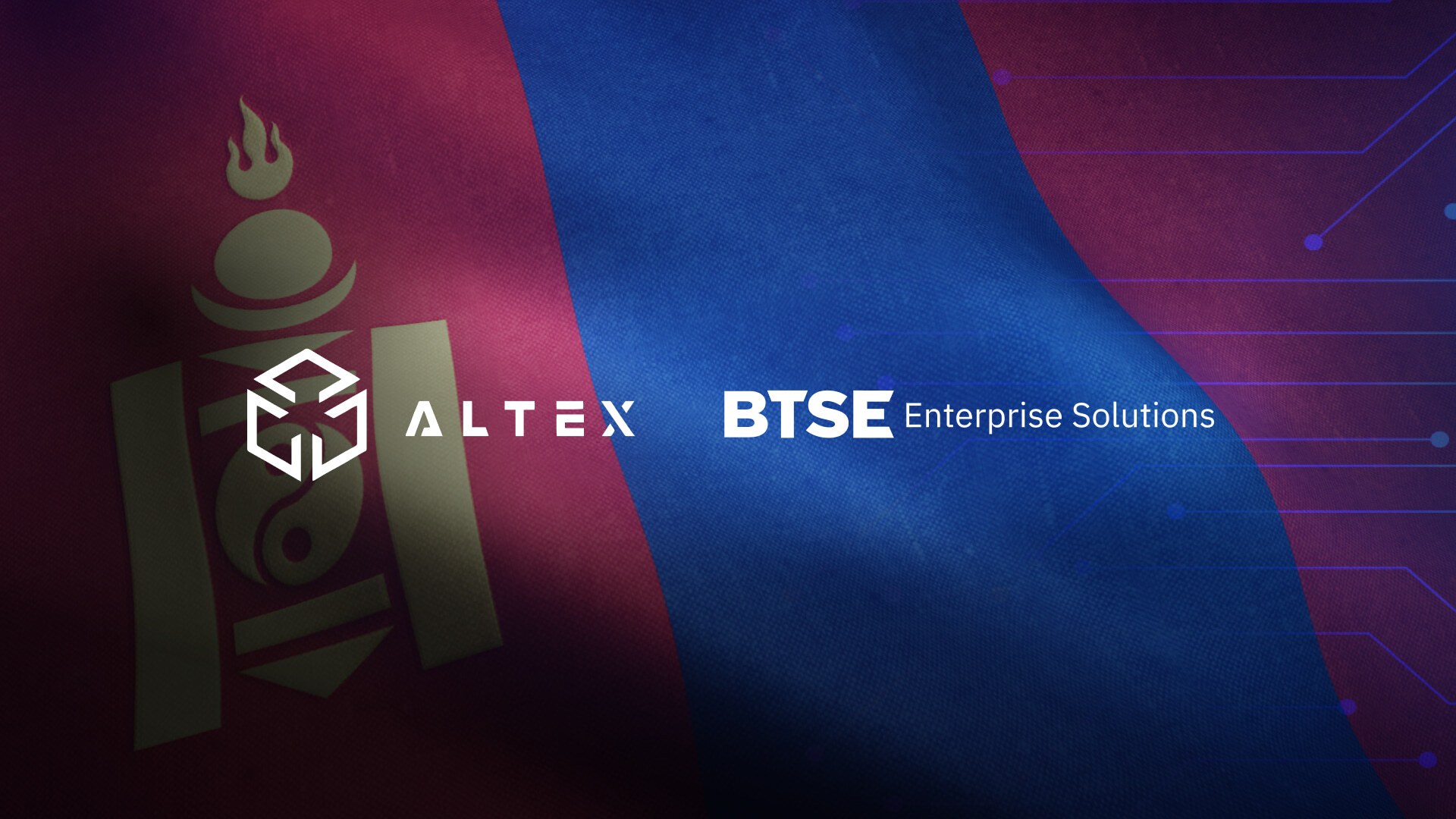29 12 月, 2023
Unveiling the Secrets of Privacy Coins: A Deep Dive into Digital Anonymity

I. Introduction
In the dynamic landscape of cryptocurrencies, privacy coins have emerged as a unique subset, promising enhanced anonymity and security to users. As the name implies, these digital assets are designed to offer private transactions, obscuring the identity of the sender and receiver, and often the transaction value as well. But what exactly are these privacy coins and how do they uphold the banner of privacy in a transparent blockchain environment? Let’s dive in and explore this fascinating subject.
II. The Anatomy of Privacy Coins
Blockchain, the fundamental technology behind cryptocurrencies, is inherently transparent. Each transaction is visible to every participant in the network, ensuring accountability and trust. However, this transparency can be a double-edged sword, potentially exposing sensitive transaction details. That’s where privacy coins come into play. They use various cryptographic techniques to obfuscate transaction details while maintaining the integrity of the blockchain.
For example, mixing, one of the techniques often employed, involves pooling several transactions together, making it difficult to trace individual transactions. Another concept, stealth addresses, generates a unique address for each transaction, concealing the real addresses of the sender and receiver. With these tools, privacy coins provide an alternative for those seeking more discretion in their crypto dealings.
III. Key Players in the Private Coin Market
When it comes to privacy coins, several key players stand out, each with unique features that contribute to the broader ecosystem. Let’s delve into some of them:
1. Monero (XMR)
Monero’s rise in popularity can largely be attributed to its strong privacy features. By using ring signatures and stealth addresses, Monero successfully hides the identities of transacting parties. Furthermore, Ring Confidential Transactions (RingCT) obscure the transaction amount, adding another layer of privacy. As of May 27, 2022, Monero was the 22nd-largest cryptocurrency by market value.
2. Zcash (ZEC)
Zcash also offers robust privacy features, emphasizing its security benefits by defining itself as the “https” to Bitcoin’s “http”. Zcash leverages Zero-Knowledge Proof, allowing participants to transact without revealing their addresses or transaction values to each other.
3. DASH
DASH allows users to opt for privacy in their transactions using CoinJoin, a method that obscures the origins of your funds. The system works through a decentralized network of servers known as master nodes that perform the task of mixing the transactions.
4. Horizen (ZEN)
Horizen offers both privacy-shielded Z-Addresses and public T-Addresses, operating similarly to Bitcoin. However, if funds are sent from a Z-Address to a T-Address, the received amount becomes visible, offering a certain level of transactional privacy customization.
5. Verge (XVG)
Verge banks on TOR and the Invisible Internet Project (I2P) to protect users’ identities, thus providing another layer of privacy protection.
6. Beam
Beam prioritizes user privacy, ensuring all transactions are private by default, with no addresses or other private information stored on the blockchain.
IV. The Impact of Privacy Coins on Crypto Trading
As privacy coins continue to rise in popularity, their influence on the crypto trading landscape has been significant. They offer an appealing option for traders looking for additional security and privacy. BTSE, although not directly involved with privacy coins, facilitates a secure trading environment and provides a platform for trading various cryptocurrencies, ensuring a streamlined and efficient trading process.
V. The Role of BTSE in Privacy Coins and Financial Ecosystems
Despite the controversy surrounding privacy coins, their role in the digital assets ecosystem cannot be undermined. The creation, implementation, and management can be an arduous task, requiring considerable technical expertise and infrastructure. That’s where BTSE comes in, with its exceptional white label solutions that can assist users in launching their privacy coin.
BTSE offers a suite of services that facilitate the smooth operation of digital asset transactions. For instance, BTSE’s white-label exchange solutions enable users to set up their own cryptocurrency exchange, providing an essential platform for trading newly launched coins.
To store these coins, BTSE provides secure wallet solutions, designed to offer robust security features, ensuring that digital assets are safely stored.
Additionally, BTSE’s payment gateways streamline the process of transactions involving privacy coins. These services allow businesses to accept cryptocurrencies as a form of payment, further integrating these digital assets into everyday commerce.
In essence, BTSE serves as a crucial bridge, linking new listed coins to the wider financial ecosystem and providing essential services that enable these coins to flourish.
VI. Future of Privacy Coins
The future of privacy coins will likely be shaped by ongoing regulatory developments and technological innovations. Despite challenges, the demand for private transactions is unlikely to diminish, and privacy coins may continue to play a pivotal role in the ever-evolving cryptocurrency narrative.
VII. Conclusion
Impact on Crypto Trading
Privacy coins have significantly influenced the crypto trading landscape. They provide a secure and private option for traders and investors, aligning with the growing demand for security in digital transactions.
BTSE’s Role in the Privacy Coin Ecosystem
BTSE, a leader in digital asset solutions, plays a vital role in supporting privacy coins. It provides white label exchange solutions, secure wallet services, and streamlined payment gateways, aiding the growth and adoption of privacy coins.




